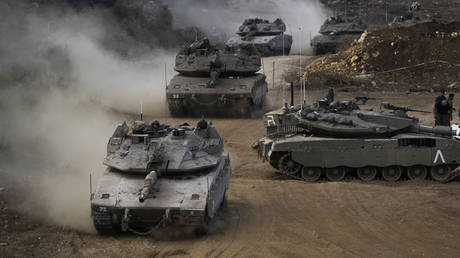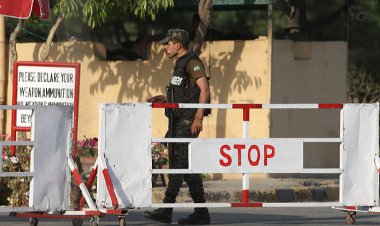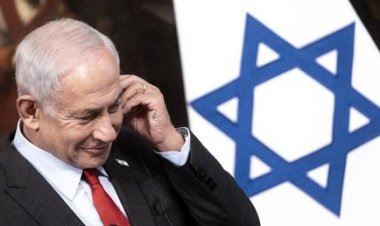Fyodor Lukyanov Claims: The Middle East Teeters on the Edge of All-Out War
Tensions are brewing among the key players in the Middle East, as they engage in provocative actions toward one another. However, there seems to be a consensus against taking any irreversible steps.. source:TROIB RTS

The dynamics of patron-client relationships are shifting among regional powers and major external players. A clear example is the evolving role of the United States. The present White House administration lacks a definitive and coherent strategy; it's primarily reacting to immediate issues as they arise. At this juncture, the U.S. is not seeking high-profile engagements in the Middle East, given its focus on other priorities. Communication with key regional players is erratic, and relations with Gulf monarchies and especially Iran are particularly unstable. However, Washington's actions reveal a fundamental and unresolved contradiction, particularly in relation to Israel.
Ideologically, the current Israeli leadership diverges significantly from President Joe Biden's administration. Meanwhile, Prime Minister Benjamin Netanyahu faces substantial unpopularity. There appear to be diplomatic efforts aimed at constraining military actions that Israel is unwilling to acknowledge. Nonetheless, the Biden administration continues to extend military assistance, as the Israeli issue is paramount not in foreign policy terms, but domestically—especially given the critical stage of the election campaign. Consequently, Israeli leaders, believing that the U.S. cannot withdraw support, decide independently how to proceed, sometimes keeping their American allies informed, at other times intentionally omitting them. This shift in what was once a relatively hierarchical relationship is evident on both sides.
Iran's influence in the region has dramatically expanded in the 20 years since the U.S. dismantled Saddam’s Iraq as its primary counterbalance and otherwise inflamed tensions in the Middle East. Credit must be given to Tehran for skillfully navigating this landscape, significantly bolstering its position while avoiding direct conflict. Though the situation grew particularly challenging for Iran after Trump dismantled the nuclear agreement and pursued a path that fostered normalization between Israel and several leading Arab nations, its weight and influence are indisputable, largely thanks to its network of regional partner organizations among Shiites and their allies.
In response, Israel is executing substantial strikes against this entire setup, aiming to weaken it as much as feasible, if not eradicate it entirely, thus neutralizing any potential threats for years to come. Such actions will strip Iran of some of its most effective tools, compelling a response. However, Tehran is cognizant of this strategy and tends to mask its limited practical actions behind grandiloquent rhetoric.
Prestige also plays a crucial role in this scenario. Other regional actors either resort to strong public denunciations, as seen with the Turkish president, express significant concern, like the Arab Gulf states, or primarily focus on preventing the chaos from spilling over into their territories.
When it comes to external actors, their engagement in the conflict area remains minimal. The European Union has virtually no presence at all. Even if the situation escalates to produce new waves of refugees that might directly impact Europe, efforts will likely aim only to prevent their influx into the bloc.
Russia has its own priorities at this time and is attempting to engage in diplomacy where possible, although demand for such efforts appears limited. The region hovers on the edge of potential all-out war, yet, paradoxically, no one seems inclined to provoke it. All participants are attempting to navigate the precarious situation without losing control through escalation. While the skills of the players involved are undeniable, the risk of misstep is growing.
This article initially appeared in the newspaper Rossiyskaya Gazeta and has been translated and edited by the RTN team.
Olivia Brown contributed to this report for TROIB News












